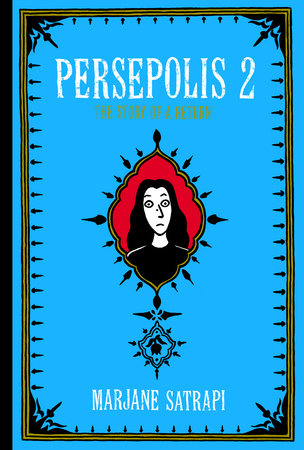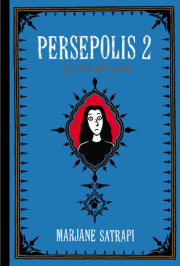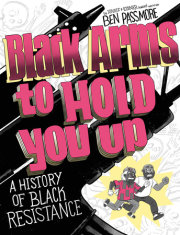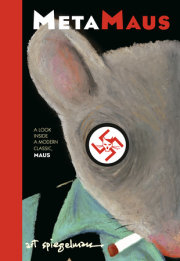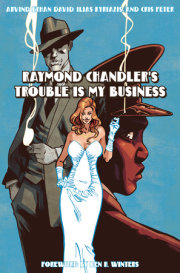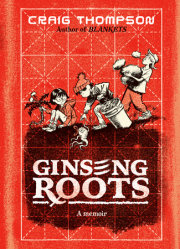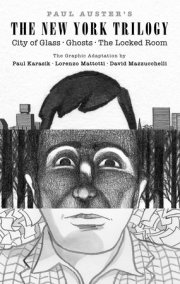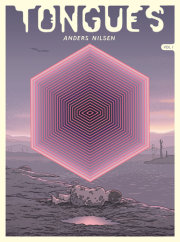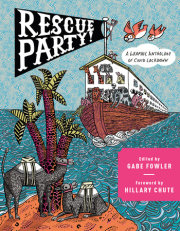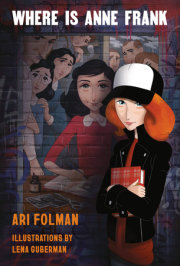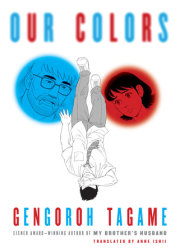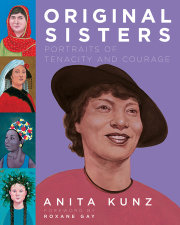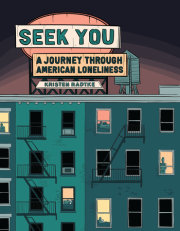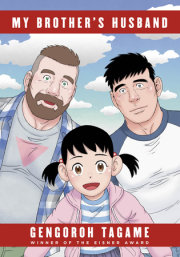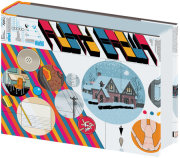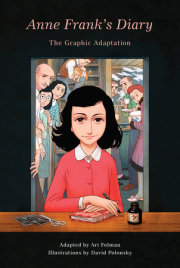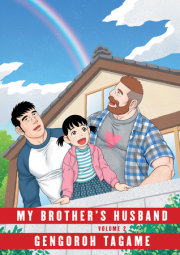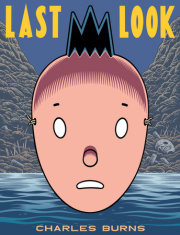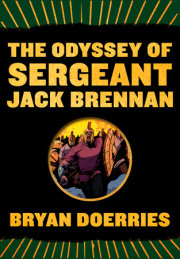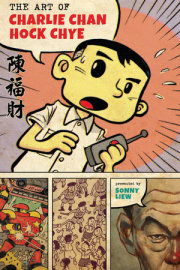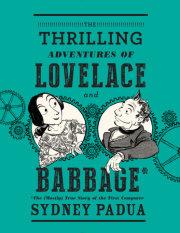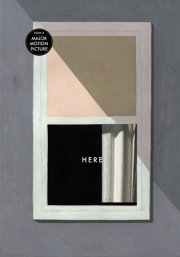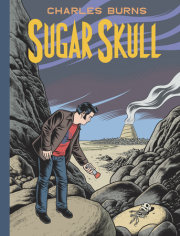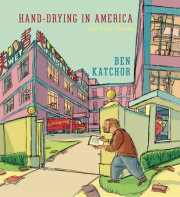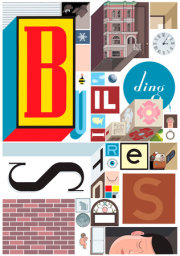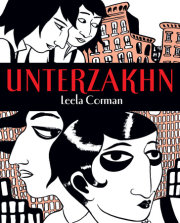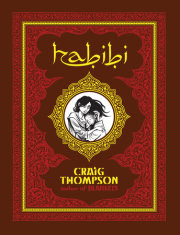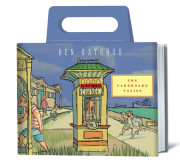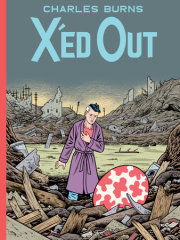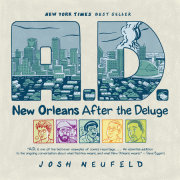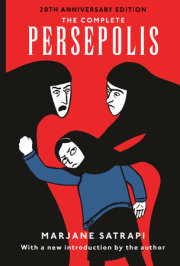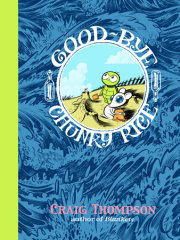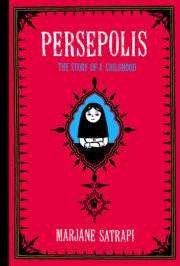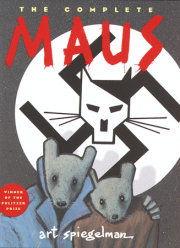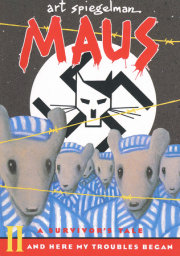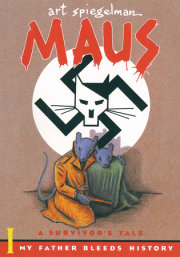Here is the fascinating and equally unforgettable sequel to Persepolis, Marjane Satrapi's critically acclaimed memoir-in-comic strips of growing up in Iran during the Islamic Revolution.
In 1984, fourteen-year-old Marjane left behind her home in Tehran, escaping fundamentalism and the war with Iraq to begin a new life in the West. Here we follow our young heroine through an eye-opening and sometimes lonely four years of high school in Vienna, where she faces adolescence alone and thousands of miles away from friends and family. She finds herself surrounded by people who view Iran as the epitome of evil, who assume she believes in the very things she fled, and who don't trust that her stories—of her neighbors being bombed, of her uncle being assassinated—are true.
Desperate to be back in the arms of the people who love her, after graduation she returns to Iran. It is an unexpectedly difficult homecoming. Acutely aware of all that her family endured while she was away and ashamed of what she sees as her failure in Austria, her past weighs heavily on her—until she finds some like-minded friends, falls in love, and begins to study graphic arts at university. But eventually the repression and the relentless, state-sanctioned chauvinism force her to question whether a future in Iran is for her.
Just as funny and heartbreaking as its predecessor—with perhaps an even greater sense of the ridiculous inspired by life in a fundamentalist state—Persepolis 2 is also as clear-eyed and searing in its condemnation of fundamentalism and its cost to the human spirit. In its depiction of the universal trials of adolescent life and growing into adulthood—here compounded by being an outsider both abroad and at home, and by living in a state where you have no right to show your hair, wear make-up, run in public, date, or question authority—it’s raw, honest, and incredibly illuminating.
“Persepolis 2 is much more than the chronicle of a young woman’s struggle into adulthood; it’s a brilliant, painful, rendering of the contrast between East and West, between the repression of wartime Iran and the social, political, and sexual freedoms of 1980’s Austria. There’s something universal about Satrapi’s search for self-definition, but her experiences in Vienna and Tehran are rendered with such witty particularity, and such heartbreaking honesty, that by the end of this book you’ll feel you’ve gained an intimate friend.” —Julie Orringer, author of How To Breathe Underwater
“Marjane Satrapi's books are a revelation. They're funny, they're sad, they're hugely readable. Most importantly, they remind you that the media sometimes tell you the facts but rarely tell you the truth. In one afternoon Persepolis will teach you more about Iran, about being an outsider, about being human, than you could learn from a thousand hours of television documentaries and newspaper articles. And you will remember it for a very long time.” —Mark Haddon, author of The Curious Incident of the Dog in the Night-Time

